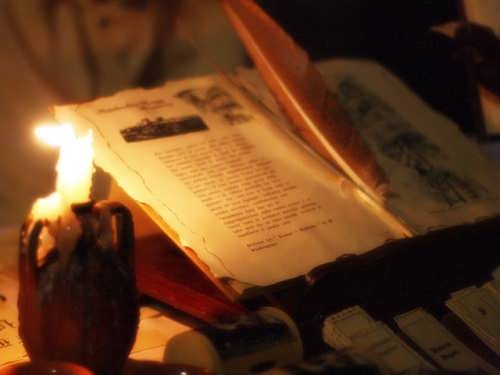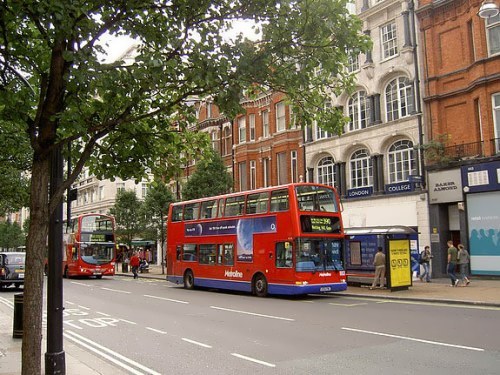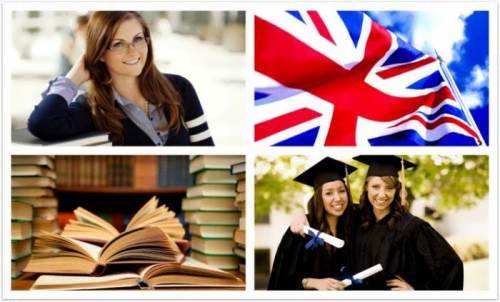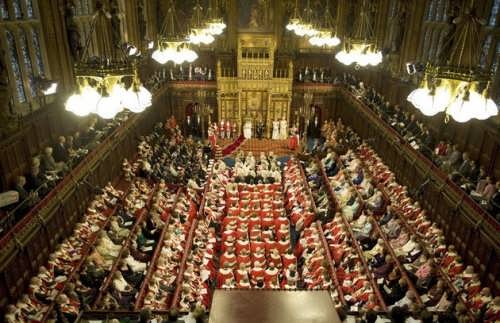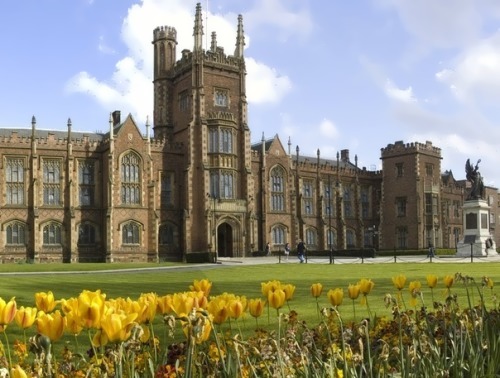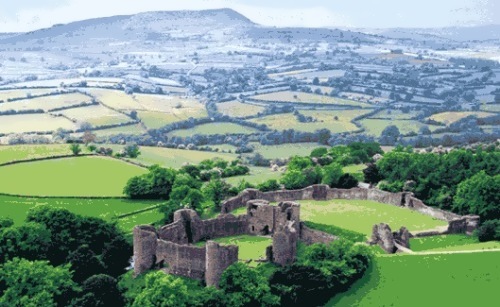British Literature
British Literature
Great Britain gave the world a lot of talented people. Many famous writers and poets were born and lived in Great Britain.
One of the best known English playwrights was William Shakespeare. He draw ideas for his tragedies and comedies from the history of England and ancient Rome. Many experts consider Shakespeare the greatest writer and the greatest playwright in English language. William Shakespeare wrote 37 plays which may be divided into: comedies (such as A Midsummer Night’s Dream), tragedies (such as Hamlet, Othello, King Lear, Macbeth) and historical plays (such as Richard II, Henry V, Julius Caesar, Antony and Clepatra).
More »
